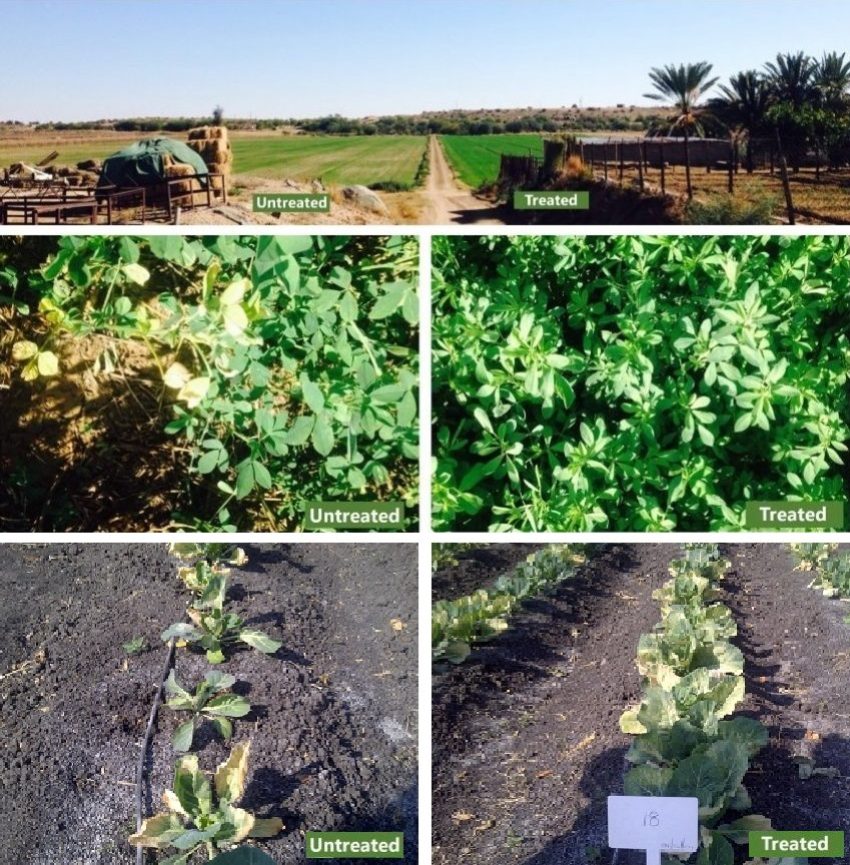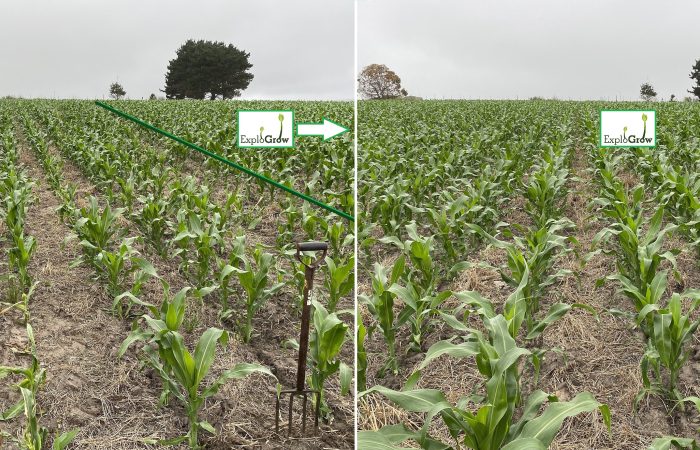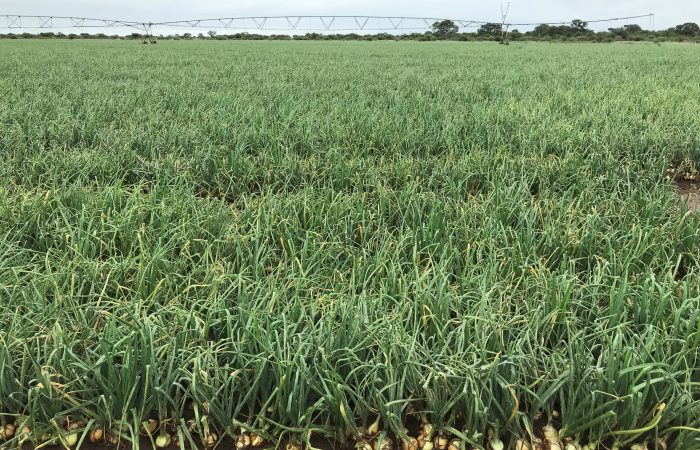Some known Bio-control functions performed by 7 beneficial microbes

We believe strongly that farmers should add powerful microbes (ExploGrow) to their soils and support the biology in their soil with available products and techniques. The effects of exceptionally healthy soil biology that optimises plant health and resistance to pests and disease, would be hard to attribute to one function of one microbe or even a blend. Any addition of beneficial soil microbes (for example ExploGrow) will interact with the plant and the surrounding living organisms to promote the plant's own health functions and defences. ExploGrow™ is approved by The South African Department of Agriculture, Forestry & Fisheries. Reg. No. B4807. under Group 2 of the FERTILIZERS, FARM FEEDS, AGRICULTURAL REMEDIES AND STOCK REMEDIES ACT 36 OF 1947 as a bio-fertilizer. ExploGrow™ is not registered as a bio-control or pesticide product.
Interestingly however, it is academically well established that some of the beneficial microbes contained in the ExploGrow™ formulation do have known functions that are used world wide as biological controls against pests and disease. Nevertheless, the vast number of interaction in the rhizosphere that may or may not be directly and/or indirectly relevant to the functions of the ExploGrow™ microbial blend, are on a scale that would be impossible to measure.
Consistently, ExploGrow™ is not claimed to be a remedy per se against specific plant pests, diseases, pathogens, harmful fungi etc.
ExploGrow™ will only report beneficial microbial functions that have been scientifically proven and/or (see below) that formed part of our submission for product approval under DAFF's Fertiliser Act 36 of 1974.
It may be self-evident that when introducing a diverse blend of valuable microbes into the soil, that this will result in much healthier soil biology and much healthier plants. However, it will be impossible to measure the full scope of its valuable effect.
Below are some of the microbial functions in the ExploGrow microbial blend that may be responsible for the plant health observations made by many farmers:
Ensifer meliloti
Benefits plant growth in drought conditions.
Trichoderma inhamatum
Like all the other Trichoderma species it is found to produce different extrolites and enzymes, which are responsible for biocontrol activities against various harmful fungal phytopathogens that hamper in food production. This potential indigenous Trichoderma spp. can be targeted for the development of suitable bioformulation against soil and seedborne pathogens in sustainable agricultural practice.
Trichoderma harzianum
A classic and the most well-known biological control fungus; it parasitizes other fungi and is used for biological control of fungal diseases.
Flavimonas oryzihabitans
Also known as Pseudomonas oryzihabitans; known for the control of root knot nematode (Meloidogyne spp.) and Fusarium wilt on tomatoes; Pseudomonads are known for their versatility and usefulness in the agricultural context as biological control agents, phosphate solubilisers and plant growth promoting bacteria.
Azorhizophillus paspali
This organism is efficient in plant growth-promotion (Nitrogen fixing from atmosphere), and most of its beneficial effects to crop productivity can be attributed to nitrogen fixation, phytohormones production, and biocontrol of phytopathogens. Significant increases in nutrient absorption by the host plant (K+ , Ca2+, PO4 3-, H2O), increase in plant resistance to water stress (drought resistance).
Bacillus cereus
Plants benefit from the presence of because often prevents plant diseases, and can enhance plant growth. Bacillus cereus benefits by gaining shelter in the plant roots.
Bacillus thuringiensis
A classic insect biological control bacterium; has no effect on beneficial insects (like bees, etc.).



